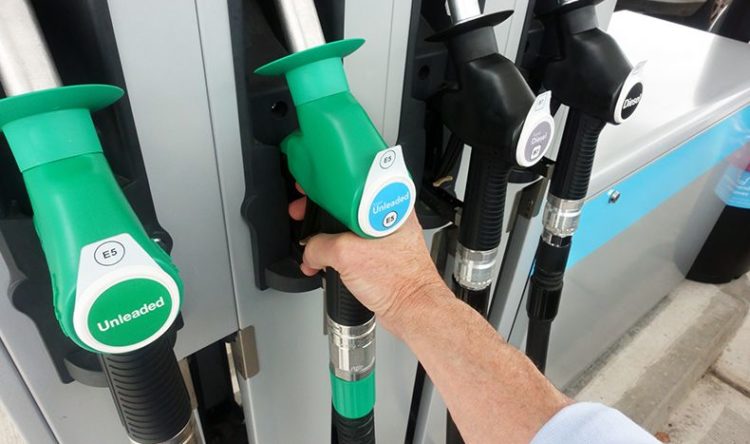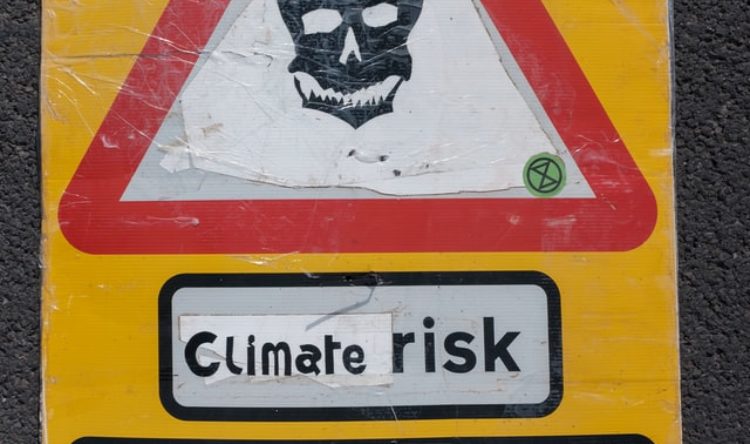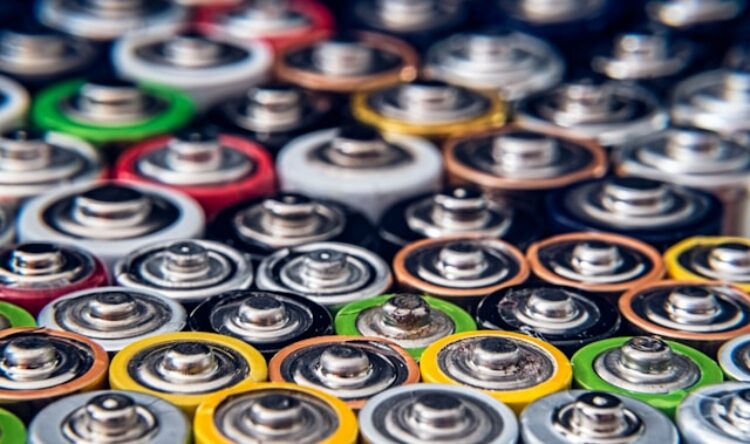Spring budget fails to help at the pumps
Diesel and petrol prices remain at record highs
The cost differential between diesel and petrol continues to increase.
Diesel pump prices have now increased twice as much as petrol during March.
Breaking records
New figures from the RAC show that the average price of diesel increased by just over 22p per litre in March. The peak is 179.9p. This was three times the size of that recorded in May 2008, the previous worst month for diesel price rises. Then the cost of a litre went up by around 8p per litre.
The average cost of a litre of unleaded petrol, meanwhile, went up by just over 11p per litre. This is the largest ever increase the RAC has recorded in a single month, reaching a record-high price of 167.3p. The previous biggest monthly increase was in October of last year when petrol prices rose by just over 7p per litre.
Tanking
It now costs nearly £90 to fill a 55-litre family petrol car, over £6 more than it did at the start of the month. What’s more, it is £22 more than a year ago – a 32% increase.
However, the effect of the rise in diesel prices is even more pronounced. The cost of filling a tank up rose £12 in March, from over £85 to £98. This is £15 more than at the start of January, and £28 more than a year ago – a 40% increase.
Wars at home and abroad
The increase in pump prices is as a result of rising wholesale fuel costs mainly due to the sudden rise in demand after the pandemic. Add to this the war in Ukraine, and price rices seem unstoppable.
A barrel of oil cost $112.99 at the start of March before peaking at a 14-year high of $137.72 on March 8, two weeks after the war began.
While the price fell to $109.98 by the end of the month, it has a delayed effect on pump prices.
Extreme times
RAC fuel spokesman Simon Williams says that over the 22 years “we’ve never witnessed such extreme rises in prices”.
“To describe the current situation facing drivers at the forecourt as ‘bleak’ is therefore something of an understatement.”
The Chancellor’s 5p fuel duty cut seem to have had little effect. It was not helped by the fact that the cut applied to the wholesale cost of fuel and the oil price jumped by $6 a barrel on that day.
The average petrol and diesel prices have so far fallen by 3.73p and 2.61p respectively since the Spring Statement.
The wrong cuts
Williams says that the “5p cut in duty should, in theory, have led to a 6p cut in prices at the pumps”. This is as a result of the Government taking less VAT – but that is on the basis that wholesale prices stay still. Instead the contact wholesale price rises have negated the effect.
“Had the Chancellor temporarily cut VAT rather than fuel duty on fuel, as we asked him to do, the impact on pump prices would have been immediate with drivers benefitting straight away.
“Cutting VAT would also have gone some way towards shielding drivers from future increases – something a cut in duty just can’t do.”







